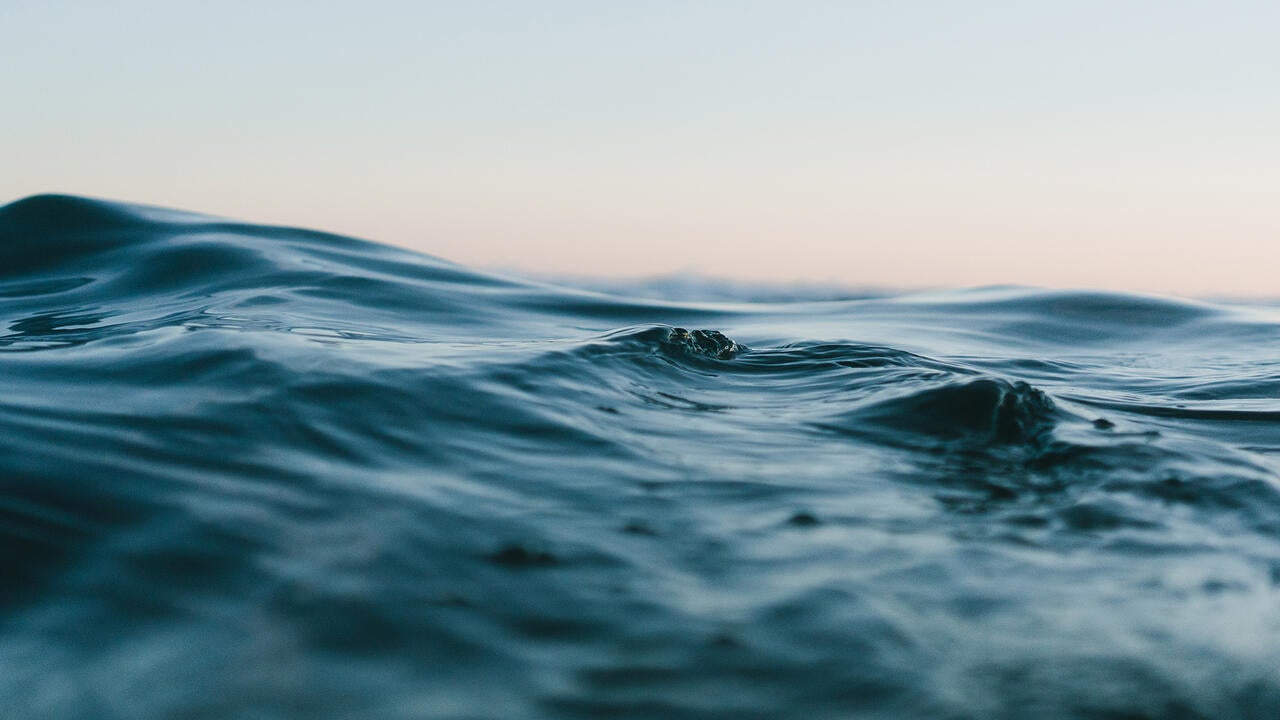
Water is life
This year's World Water Day theme is valuing water

This year's World Water Day theme is valuing water
By Allie Dusome Water InstituteWater is fundamental to human health and a key social justice issue. Lack of access to safe drinking water and adequate sanitation is one of the greatest human health and environmental threats facing the world’s most vulnerable.
Each year on March 22, the University of Waterloo’s Water Institute hosts a World Water Day celebration focusing on the importance of water for human, environmental and economic health, while raising awareness of the 2.2 billion people living without access to safe water. The day is about taking action to tackle the global water crisis and to support the achievement of Sustainable Development Goal (SDG) 6: water and sanitation for all by 2030 and the many other SDGs linked to water.
This year’s World Water Day theme is valuing water. The aim is to create a more comprehensive understanding of how water is valued by different people in different contexts so we can safeguard this precious resource for everyone. In response, the Water Institute has put together an engaging program that encourages participants to explore what water means to different people, learn its true value and discover how we can better protect this vital resource together.
In the morning, the Water Institute and its graduate student association will host an interactive workshop where participants will have an opportunity to explore their relationship to water, while learning from one another as we answer the question, “what does water mean to you?”
The workshop will be followed by a presentation from Ogamauh annag qwe (Sue Chiblow), Crane Clan and raised in Garden First Nation, who has worked extensively with First Nation communities for the last 30 years in environmental related fields. She will share knowledge on Anishinaabek N’bi pedagogies that we are water, water is life, water has a spirit, water is medicine, and is the lifeblood of Mother Earth. Her presentation will contrast Anishinaabek worldview to mainstream society’s worldview, exploring women’s roles and responsibilities in water governance.
In the afternoon, Brooklyn native Dr. Ayana Elizabeth Johnson, a marine biologist, policy expert, and Co-Founder of the All We Can Save Project, will be in conversation with CTV News' Science and Technology Specialist Dan Riskin, discussing ways to heal our oceans, our climate, and our injustices.
Johnson is the founder of Urban Ocean Lab, a think tank for coastal cities, and is co-creator and co-host of the Spotify/Gimlet podcast How to Save a Planet. With Dr. Katharine Wilkinson, she co-edited the anthology All We Can Save, and co-founded The All We Can Save Project.
Recently, Johnson co-created the Blue New Deal for Senator Elizabeth Warren, a roadmap for including the ocean in climate policy. She was named one of Elle’s 27 Women Leading on Climate, and Time Magazine named her to their 2021 Next 100 list of emerging leaders who are shaping the future. Her mission is to build community around solutions to our climate crisis.
Save your spot for this year’s event.

Read more
Researchers at the University of Waterloo have found an environmentally friendly way to explore life in the depths of the ocean

Read more
Researchers from the University of Waterloo and Environment Canada found elevated concentrations of artificial sweeteners in the Grand River

Read more
Water reservoirs created by damming rivers could have significant impacts on the world’s carbon cycle and climate system that aren’t being accounted for, a new study concludes
The University of Waterloo acknowledges that much of our work takes place on the traditional territory of the Neutral, Anishinaabeg, and Haudenosaunee peoples. Our main campus is situated on the Haldimand Tract, the land granted to the Six Nations that includes six miles on each side of the Grand River. Our active work toward reconciliation takes place across our campuses through research, learning, teaching, and community building, and is co-ordinated within the Office of Indigenous Relations.